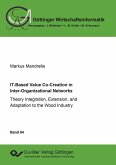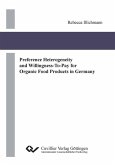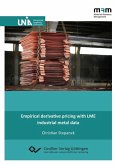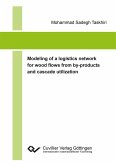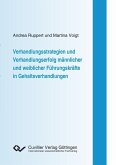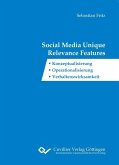The ecological usage of wood as a carbon store, a substitute for fossil-intensive materials, and a direct alternative for fossil fuels has garnered tremendous attention. A variety of public and private activities therefore aim to increase the efficient usage of wood in networks. Because inter-organizational IT can play an important role in the efficient utilization of wood, the overall goal of this dissertation thesis is to provide practitioners, policy makers, and researchers with deep insights into how to effectively promote and use inter-organizational IT in the wood industry. This cumulative dissertation is the results of a research project at the DFG Resource Training Group 1703 “Resource Efficiency in Interorganizational Networks” and the Chair of Information Management at the University of Göttingen. It presents eight studies in the fields of adoption, value co-creation, and governance of inter-organizational IT, encompassing a rich data set of 19 interviews and 833 questionnaires. The theoretical and practical insights gained from the data analysis enable policy makers to effectively promote inter-organizational IT for the wood industry and allow practitioners in wood networks to effectively design their IT usage, IT processes, and IT governance. Researchers find a variety of new avenues for studying the phenomena of IT non-adoption under consideration of industry specifics, IT-based value co-creation through the lens of inter-organizational IT alignment, and distinct modes of effective IT network governance.
Dieser Download kann aus rechtlichen Gründen nur mit Rechnungsadresse in A, B, BG, CY, CZ, D, DK, EW, E, FIN, F, GR, HR, H, IRL, I, LT, L, LR, M, NL, PL, P, R, S, SLO, SK ausgeliefert werden.



